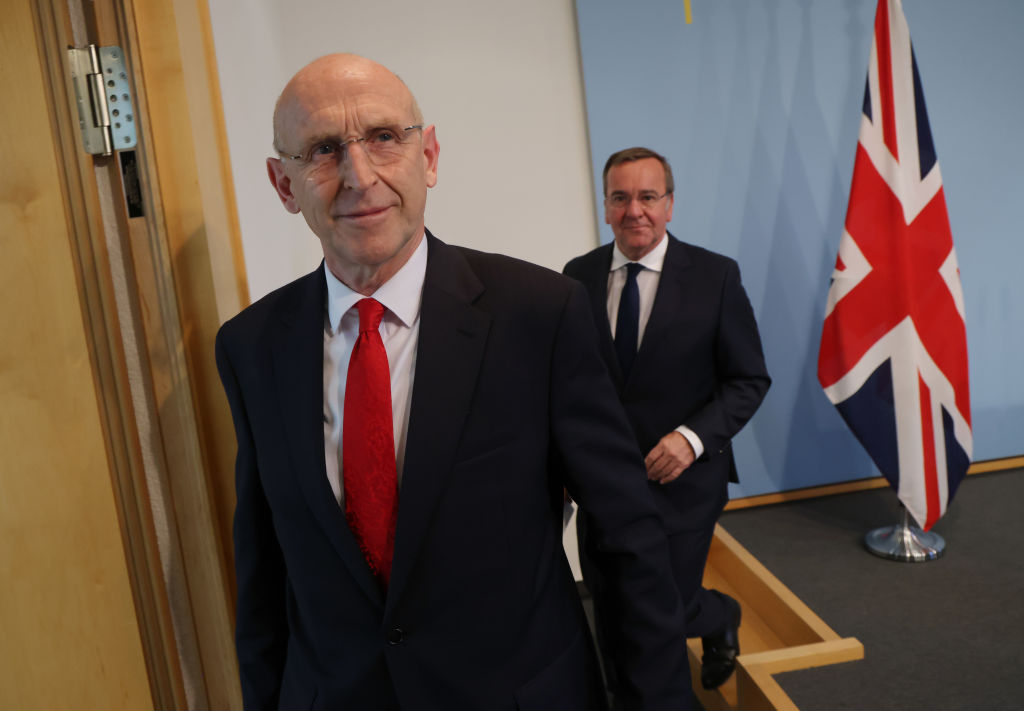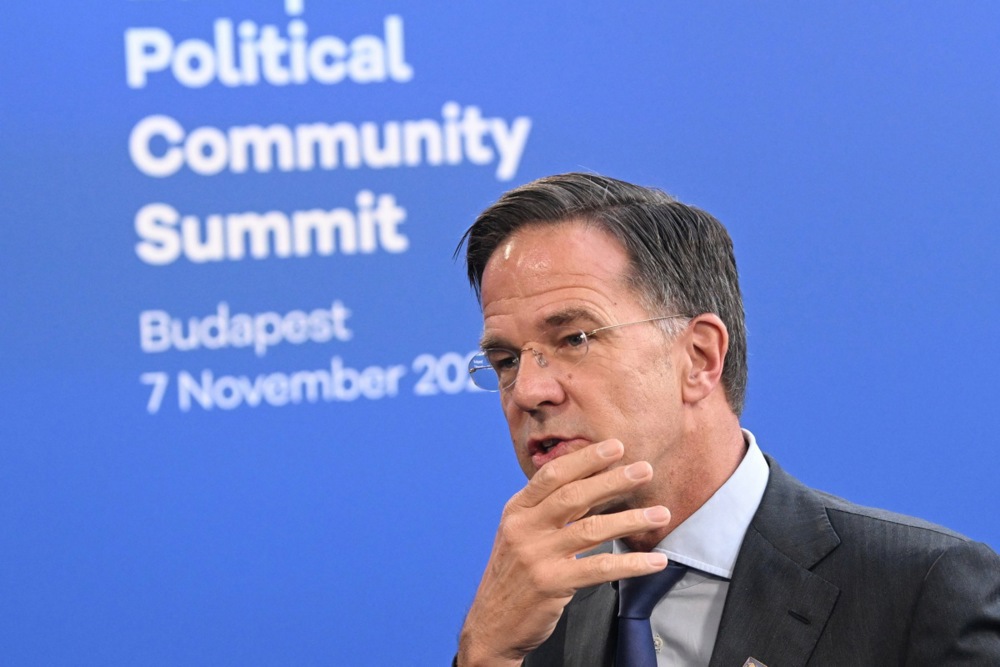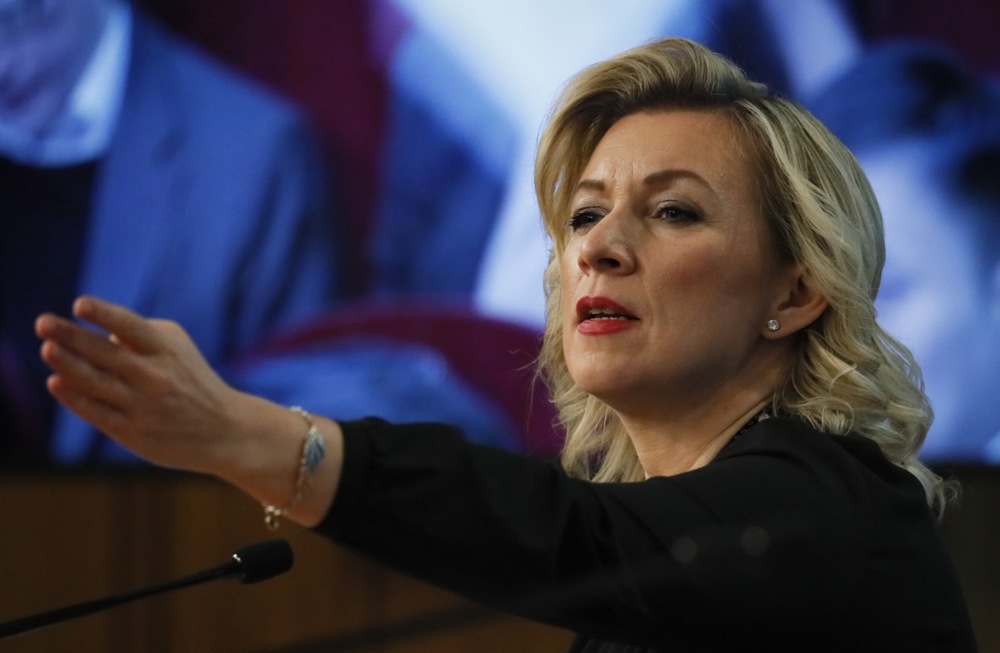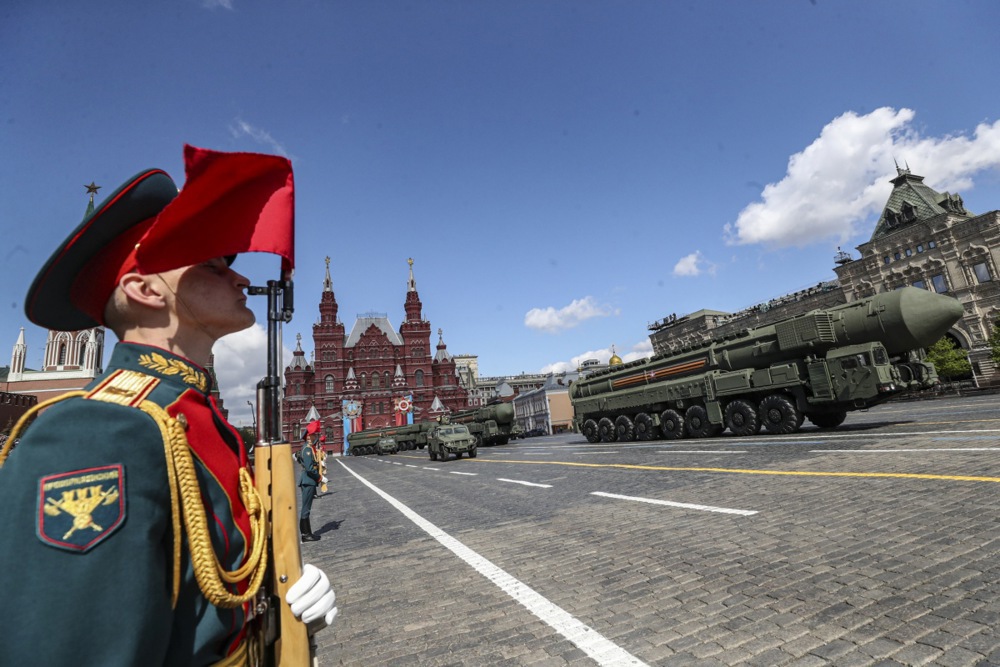In an address to a defence think-tank in London, British Chief of the Defence Staff Admiral Sir Tony Radakin has warned that Britain and her Western allies were facing “wild threats” from hostile nuclear actors.
Radakin, delivering the annual lecture at the Royal United Services Institute — the world’s oldest and leading UK defence and security think-tank — on December 4, warned that Britain was on the precipice of a “third nuclear age”.
He did add that the possibility of Russia attacking Britain and other NATO allies was low, claiming that the alliance’s deterrence strategy worked.
“Russia knows the response would be overwhelming, whether conventional or nuclear. The strategy of deterrence by NATO works and is working. But it has to be kept strong and strengthened against a more dangerous Russia,” Radakin said.
This was because NATO’s “response will be overwhelming”, provided that the nuclear deterrent was “kept strong and strengthened”.
“The security outlook is more contested, more ambiguous and more dangerous than we have known in our careers,” adding “nowhere is this more apparent than in the nuclear domain.”
Radakin labelled the build-up of nuclear weapons as the “first nuclear age”, while the period of nuclear disarmament during the fall of the Soviet Union was the “second nuclear age”.
Now, Radakin claimed, the world was entering a “third nuclear age” where possible use of nuclear weapons has made a return.
“We are at the dawn of a third nuclear age, which is altogether more complex. It is defined by multiple and concurrent dilemmas, proliferating nuclear and disruptive technologies and the almost total absence of the security architectures that went before,” he said.
Russian President Vladimir Putin has repeatedly threatened to use nuclear weapons since Russia’s invasion of Ukraine in February 2022.
His most recent and strongest threat came in late September 2024, when he proposed changes to Russia’s nuclear doctrine. Putin stated that his country would consider using nuclear weapons against any other country attacking it, even with conventional weapons.
Next to such threats, Radakin noted that Russia also executed large-scale nuclear exercises and simulated attacks against NATO countries, “all designed to coerce us from taking the action required to maintain stability”.
He also pointed to China, Iran and North Korea.
“China’s nuclear build-up poses a two-peer challenge to the United States. Iran’s failure to cooperate with the International Atomic Energy Agency is a concern, and North Korea’s ballistic missile programme and erratic behaviour present a regional and, increasingly, a global threat.”
Alongside nuclear warnings, he also painted a grim picture of the UK’s conventional preparedness, saying the country’s army would only last six to 12 months if it were to fight a large-scale war as in Ukraine.
Radakin did add that the UK was not facing “an existential threat like Ukraine or Israel”.
“We are protected by our maritime geography and the strength in depth of an alliance with a landmass stretching from the fringes of the Arctic to the Eurasian steppe,” he said.





